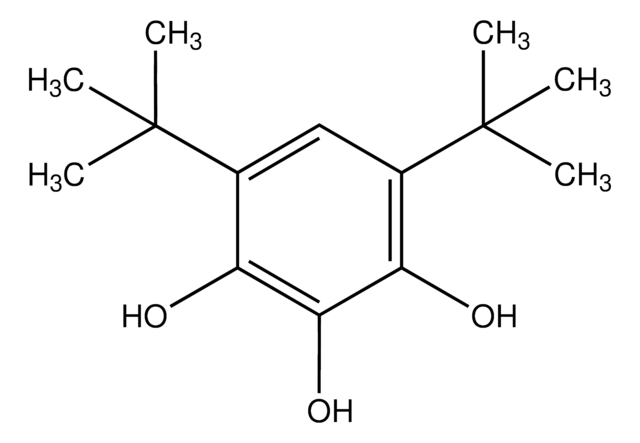About This Item
Recommended Products
Looking for similar products? Visit Product Comparison Guide
Application
Storage Class Code
10 - Combustible liquids
WGK
WGK 1
Flash Point(F)
424.4 °F - closed cup
Flash Point(C)
218 °C - closed cup
Personal Protective Equipment
Certificates of Analysis (COA)
Search for Certificates of Analysis (COA) by entering the products Lot/Batch Number. Lot and Batch Numbers can be found on a product’s label following the words ‘Lot’ or ‘Batch’.
Already Own This Product?
Find documentation for the products that you have recently purchased in the Document Library.
Customers Also Viewed
Articles
In the past two decades, tissue engineering and regenerative medicine have become important interdisciplinary fields that span biology, chemistry, engineering, and medicine.
Innovations in polymer technology have had a significant impact on the advancement of novel drug delivery systems.
Our team of scientists has experience in all areas of research including Life Science, Material Science, Chemical Synthesis, Chromatography, Analytical and many others.
Contact Technical Service





